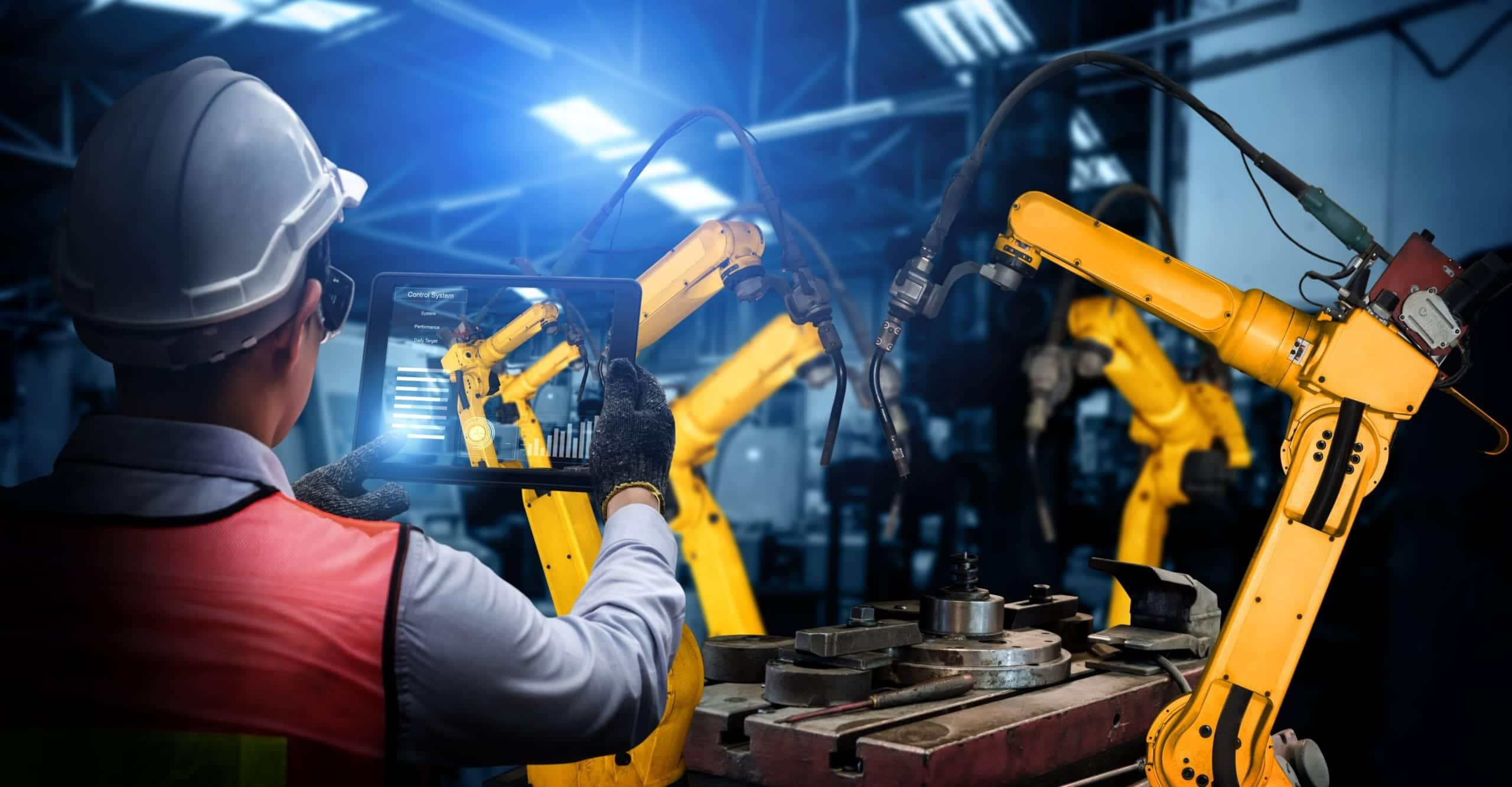How will augmented reality affect the corporate sector in Spain?
In this ever-evolving world, the boundaries between science fiction and science fact are blurring.
What we imagined a decade ago is now a reality and what we are imagining now could be in common use in the next decade.
This can be confirmed by any augmented reality company in Spain, or any company dedicated to technology.
In fact, one of the main consequences of the pandemic in 2020 is that it has highlighted the need to implement changes in companies.
All those businesses that had not made the leap to digital by February 2020 have suffered a year to forget.
As has happened in a large part of the business sector in Spain.
A large part of a country’s social fabric is directly connected to the state of its business fabric.
Therefore, in the near future, an augmented reality company in Spain and the innovations it can bring to different sectors will be crucial to take your strategies to the next level.
Augmented Reality will improve the business sector in Spain.
Augmented Reality has enough potential to revolutionize the business sector in Spain.
In fact, it is already doing so, because of the competitive advantages it can offer.
Those companies and professionals who are interested in incorporating AR into any of their processes, services or products, will be improving the experience offered to their customers in a remarkable way.
The crisis that has left the Covid in half the world, will not harm the growth of Spanish augmented reality companies, nor those who hire their services.
In fact, a study by IDC Spain ‘s Augmented and Virtual Reality research program reveals that like other device markets, the global augmented and virtual reality market is feeling the effects of the COVID-19 pandemic on multiple levels.
With manufacturing still recovering in the first half of the year and end-user demand still trying to find its footing, from 2021 onwards the market is expected to recover.
It is expected to do so as vendors, business users and consumers settle into their next normalcy.
New technologies such as AR and VR will play a decisive role in the new normality of society.
This means that 50% of large European companies will implement a virtual reality or augmented reality strategy by 2020.
Estimated spending will reach €15 billion by 2022, where 76% will be allocated to the development and implementation of hardware solutions.
Entertainment, training, retail or manufacturing will be some of the sectors that will be able to take advantage of the services that an augmented reality company in Spain can offer them.
Augmented reality is completely changing the way we work.
Augmented reality is fast becoming one of the must-have technologies for major industries, including healthcare, government, military, automotive and education.
With our smartphones becoming increasingly vital in a modern digital age (there were nearly 3 billion smartphone users worldwide last year according to Statista), augmented reality (AR) is already changing and will more than change the way we work.
Technology has always revolutionized the way we work and live; consider computers, telephones, washing machines and more.
They enable us to lead easier and more efficient lives, and augmented reality is the next step in that journey.
At Two Reality, who are experts in custom virtual and augmented technology development, we have taken a close look at this space.
That’s why we want to tell you about some of the ways in which companies today are applying AR to improve their services, products or user experience.
Augmented Reality for the advancement of the retail enterprise in Spain.
Retailers are prioritizing customer experience and digital.
With this blurring of differentiating lines between digital and physical shopping, augmented reality will enable businesses to bridge the gap and introduce new and better ways for customers to shop.
A good example of how the introduction of AR in e-commerce is as follows.
Imagine the convenience for clothing stores that could allow users to view the garment in a 3D format.
This is how industrial applications will benefit from Augmented Reality.
The introduction of AR into industrial markets will change the quantity and quality of work being performed.
Industry technicians will be able to receive live support from remote personnel.
These can indicate markings, point out problems, superimpose models on items such as vehicle engines and the like, and more.
This eliminates the risk and guesswork of manual labor and streamlines processes.
In this regard, NASA used Microsoft’s HoloLens to help build its new spacecraft.
It did so by using mixed reality applications to eliminate the need for manuals and complex instructions.
Augmented Reality to enhance design and creativity.
The design and creative space industries will be some of the markets most positively impacted by the introduction of augmented reality.
Augmented reality companies in Spain are already using the technology to help businesses.
For example, in the development of applications that give companies the ability to superimpose 3D models on physical spaces.
This will enable them to offer stronger sales and marketing material.
Artists and CAD (computer-aided design) modelers will also benefit from AR.
It provides them with the means to render products and other assets in a 3D space to facilitate workflow and presentation.
And if not, you can visualize it by thinking of a manufacturing company.
This could introduce AR for its product designers, who will be able to quickly iterate on designs and model them in 3D space.
Augmented reality in the world of corporate training.
How does a company train personnel efficiently?
And how do you apply the same training everywhere, especially if you are a large franchise?
What about more complex applications, such as in the medical field?
In the medical sector, devices such as Microsoft’s HoloLens are already being used in their training programs.
This allows physicians to practice complex medical procedures in a 3D environment.
Augmented reality in this case allows companies to develop consistent training for each employee.
It also enables the employee to develop greater competence and confidence in his or her role.
Any company could develop an AR application to train contract employees, training them quickly with minimal risk to the employee or to workplace operations.
Augmented reality will enhance customer experiences.
Modern audiences adapt quickly to new technologies.
In 2018, 4.2 billion people were reported to be active Internet users.
And by 2020 the installed base of connected devices has grown to nearly 31 billion.
AR will be the next step, as companies develop new ways to apply it.
Companies that apply augmented reality to their products gain direct visual engagement with their audiences.
Social media platforms could extend their reach into augmented reality, allowing users to interact in a 3D environment without being physically connected.
As you can see, these are just some of the sectors that will be able to take advantage of the services that an augmented reality company in Spain can offer them.
It is up to individuals, entrepreneurs and institutions to catch up in order to continue advancing in this new world.
The demands of users, consumers and society in general make the entry of these new technologies into the game necessary. And through augmented reality, you have already seen how many companies in Spain will find a way to differentiate themselves and get ahead.
For more information, please contact us, because if you have any need to implement an augmented or virtual reality system in your project, we can help you.
From TwoReality we continue to create the best content and applications for different devices. Tell us about your project.





